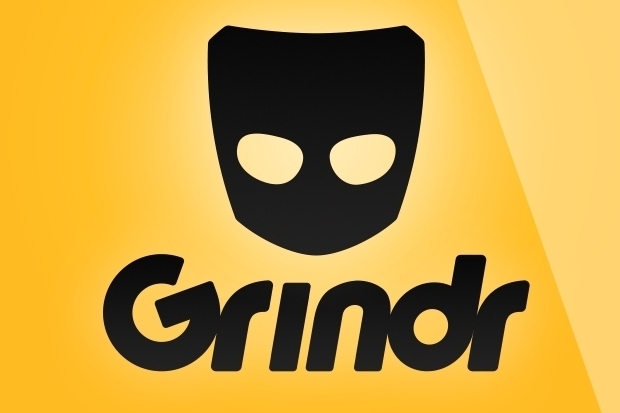
Gay hook-up app Grindr faced criticism on Monday after it was reported they were sharing HIV status information of their users with third-party companies.
The platform boasts more than 3.6 million daily active users across the globe, having access to users’ GPS data, phone ID and email address.
However, this data was being sent to two companies – Apptimize and Localytics – along with the HIV status and ‘last tested date’ the users had input to their profile, meaning these companies could technically use all the data together to identify specific users.
“The HIV status is linked to all the other information. That’s the main issue,” Antoine Pultier, a researcher at the Norwegian nonprofit SINTEF, which first identified the issue told BuzzFeed News. “I think this is the incompetence of some developers that just send everything, including HIV status.”
It’s called into question just how seriously the app takes its users’ privacy.
“Grindr is a relatively unique place for openness about HIV status,” James Krellenstein, a member of AIDS advocacy group ACT UP New York, explained.
“To then have that data shared with third parties that you weren’t explicitly notified about, and having that possibly threaten your health or safety — that is an extremely, extremely egregious breach of basic standards that we wouldn’t expect from a company that likes to brand itself as a supporter of the queer community.”

© Grindr
Further analysis also revealed that Grindr is sharing users’ precise GPS position, sexuality, relationship status, ethnicity, and phone ID to other third-party advertising companies. This information – which didn’t include HUV status data – was sometimes being shared in a ‘plain text’ format, which meant it could be easily hacked.
Grindr have now confirmed that they will stop sharing the HIV status of its users with third-party companies, saying that they’ve decided to do so “based on the reaction — a misunderstanding of technology — to allay people’s fears.”
The app’s chief security officer Bryce Case added that the information was shared with analytics companies help their software function better, and that it wasn’t sold for profit.
He then explained that Localytics is “a software program that we use to analyze our own behavior,” adding: “It’s being conflated with Cambridge Analytica. This is just something we use for internal tooling. I will not admit fault in the regard that the data was used.”
It comes less than a week after Grindr launched a new feature update which aims to raise sexual health awareness amongst its users.
They will receive discreet automatic reminders to get tested for HIV every three to six months, but will be able to opt out from receiving updates.
“Grindr has always been committed to its users and the issues affecting the LGBTQ community at large,” said Director of Grindr for Equality, Jack Harrison-Quintana
“One of Grindr for Equality’s goals is to contribute to the movement to increase information, reduce HIV transmission, and support our whole community – regardless of HIV status – in living long and fulfilling lives, free of stigma.
“We felt this update would be a great way to make an immediate impact within the community on a broad scale and encourage more regular HIV testing.”



